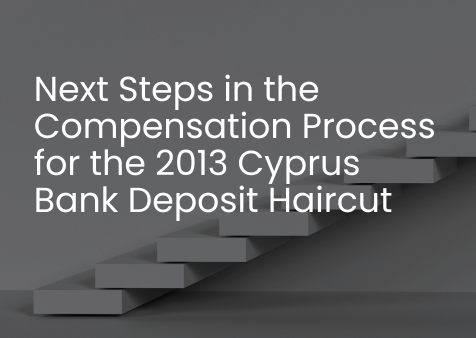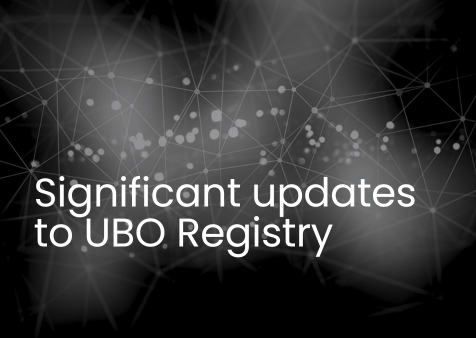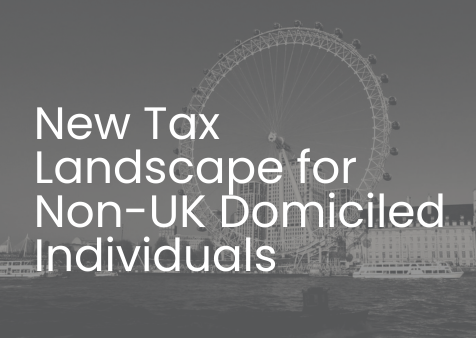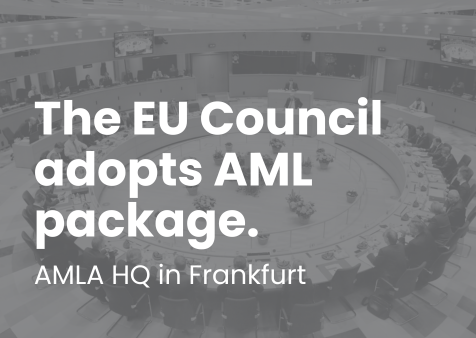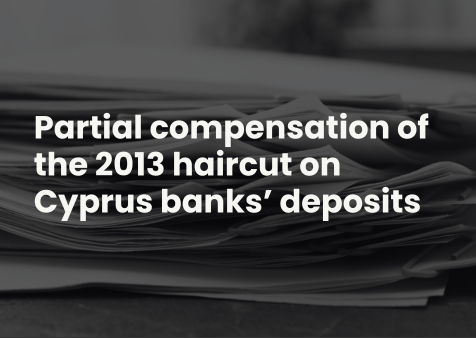Next Steps in the Compensation Process for the 2013 Cyprus Bank Deposit Haircut
On 15 January 2025, Finance Minister Mr. Makis Keravnos stated, following a meeting with President Christodoulides and representatives of the Laiki Bank Depositors Association (SYKALA), that compensation disbursements to “haircut” depositors and security holders are expected to commence in May 2025.
Examination of Applications
A total of 13,000 applications have been submitted through the relevant electronic platform. The evaluation process is already underway and is anticipated to conclude by the end of January. Once the evaluation is completed, a detailed plan will be formulated. This plan will require approval from both the Board of Directors of the Solidarity Fund and the Council of Ministers and upon receiving the necessary approvals, the repayment process will begin in May 2025.
Compensation procedure
The President of SYKALA explained that the compensation process would be gradual due to the Solidarity Fund’s limited financial resources, which prevent the immediate full reimbursement of the amounts lost. Payments are expected to be made annually, with the Government supplementing the Fund through allocations from the state budget. Approved beneficiaries, as verified by the Ministry of Finance, will be required to submit their bank account details to receive payments. Beneficiaries for compensation will initially be the haircut depositors and, in a second phase, the security holders. The total amount to be disbursed has not yet been determined. This figure will be clarified following the completion of the application evaluation process.
The commencement of compensation payments marks a significant step towards addressing the financial losses experienced by depositors and security holders due to the 2013 haircut. While the process will be gradual and dependent on available resources, the government’s commitment to fairness and transparency provides hope for those affected. The forthcoming months will be critical in finalizing evaluations, securing approvals, and ensuring the timely disbursement of funds.
Read more: Partial compensation of the 2013 haircut on Cyprus banks’ deposits (Previous article April 2024)
